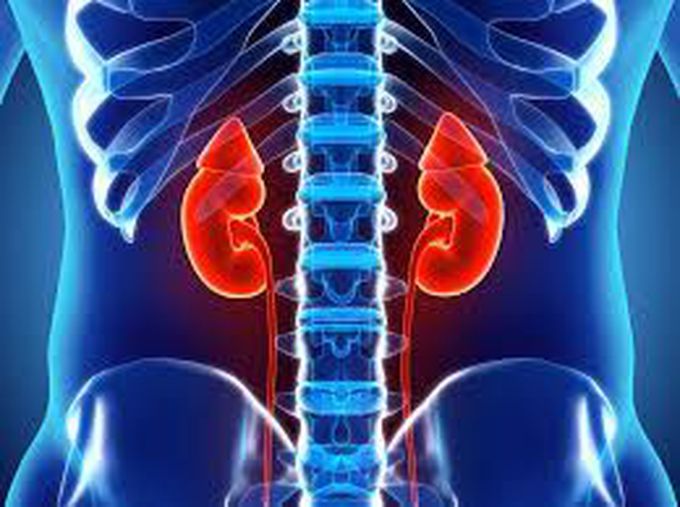


Treatment for diabetic nephropathy
Treatment Early treatment can delay or prevent the onset of diabetic nephropathy. The main aim of treatment is to maintain and control blood glucose levels and blood pressure. This may involve the use of medication. Drug treatment Angiotensin converting enzyme (ACE) inhibitors or angiotensin receptor blockers (ARBs) can help lowerTrusted Source blood pressure, protect kidney function, and prevent further damage. Kerendia (finerenone) is a prescription medicine that can reduce the risk of sustained GFR decline, end-stage kidney disease, cardiovascular death, nonfatal myocardial infarction, and hospitalization for heart failure in adults with CKD associated with type 2 diabetes. A doctor may also prescribe vitamin D, as people with kidney disease often have low vitamin D levels, or a statin to reduce cholesterol levels. In 2018, the American College of Cardiology issued guidelines recommending the use of sodium-glucose cotransporter 2 (SGLT2) inhibitors or glucagon-like peptide-1 receptor agonists (GLP-1RAs) for people with type 2 diabetes and CKD. These drugs may reduce the risk of CKD progression, cardiovascular events, or both. Dietary changes If a person has kidney disease, their doctor may ask them to keep track of the following nutrientsTrusted Source: Water: Although essential, too much water or fluid may increase the risk of swelling and high blood pressure Sodium: This can raise blood pressure as it is a constituent of salt. Protein: For a person with kidney disease, protein can cause waste to build up in the blood, putting extra pressure on the kidneys. Phosphorus: This occurs in many protein and dairy foods. Too much phosphorus can weaken the bones and put pressure on the kidneys. Potassium: People with kidney disease can have higher levels of potassium than is healthful, which can affect nerve cells. Click here to learn more about the high potassium foods a person should avoid if they have kidney disease. Managing blood sugar levels This is crucial for lowering the risk of diabetes complications, such as kidney disease, cardiovascular disease, and diabetic neuropathy, which affects the nervous system. These conditions, too, can lead to further complications. Managing blood sugar levels can also help prevent these from developing.

